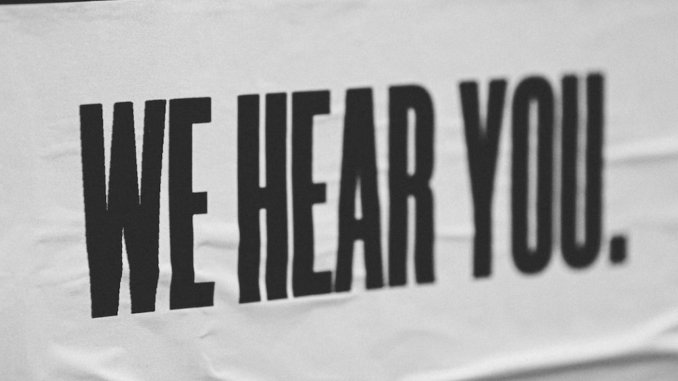
Introduction
This is a short article, looking at dealing with the manifold problems of science. Medical science, agri science & food science are all owned by the companies that benefit from selling us stuff based on their science, and unsurprisingly with the vast amounts of money to be made, the science is often, to put it politely, skewed. And when it causes damage, lawyers can muddy the waters and financially ruin anyone that tries to hold them to account.
Most research that wants to be seen as credible is peer-reviewed in scientific publications. These, if not owned by the big three above, are funded via advertising. They are not keen to rock the boat.
Even the universities and medical establishments are now financed by these organisations and have to accept what they are told.
So we need another way to counterbalance these vested interests.
Lawmakers and law administrators
We don’t trust the lawmakers to dispense with justice. There is a separation of power to protect citizens. Impartial – I know – judges.
Also of note is that scientists often draw strange but biased conclusions that suit their hypothesis. Sometimes the sample size can be as low as three, as when comparing the usefulness of masks.
Most of this research is openly published, but unless you are a ‘scientist’ you are somehow not capable of following the research and concurring or disputing the findings. Again, this was used to shut down anyone with the ability to think when covid data didn’t suit official narratives.
Hypothesisors and Experimenters, & Data Analysts
My idea is that scientists are the ideal choices for designing experiments and conducting them. However, there is plenty of expertise at analysing the data in the big wide world.
I suggest setting up a Royal Commission and creating a body of independent analysts, similar to how we have judges for law. There will need to be strict rules for submitting data, and clear procedures for presenting it. Any government looking to science with regards to laws and control would only be able to regard science analysis produced by the royal body.
It would need to be carefully set up. No complex modelling for instance would ever pass the threshold for inclusion. The reports would need to be almost of the level of mathematical proofs and subject to open scrutiny.
Any organisation that pedals products using claims that cannot be backed up by this body would be at a major disadvantage when it came to lawsuits. Big pharma, food and agriculture would have to buck their ideas up. So no legal requirement to use it, but a legal hellhole if your science is dodgy – statins, cough, cough…
The body could have no financial reliance upon looking favourably to the submitters. A set fee structure and very well paid.
Obviously scientists would be free to analyse their own data, especially if only used internally. If they want to lie to themselves that isn’t our concern. The commission would only be used to safeguard science used to sell products to the general public.
Conclusion
This is another area of life where there is a need to bring powerful actors to heel and people to exert control in how their lives are fashioned by those around them.
Along with breaking up big government, and large landowners that can live off the rental proceeds without contributing to society, big science has become too big to control in its current state and this needs redressing.
I’m sure my solution is not the only one, breaking up the companies to many smaller units is another – although they can still work together to produce murky science – is another.
I am sure that my solution isn’t a simple one and a lot of thinking would be involved to not end up with another over-staffed, inefficient quango that ended up protecting big business instead of holding them to account.
Any further suggestions welcomed.
© Jerry Mandarin 2022

